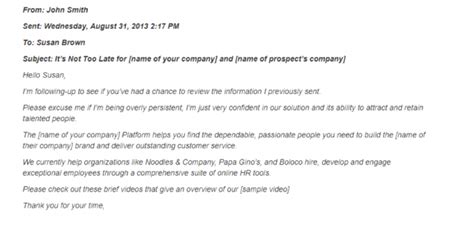How to Respond to a Rejection Email: Grace, Gratitude, and Future Opportunities
Getting a rejection email can feel disheartening, but how you respond can significantly impact your professional reputation and future opportunities. A well-crafted response shows maturity, professionalism, and a proactive approach to your career. This guide will help you navigate this challenging situation with grace and poise.
Why Respond to a Rejection Email?
While you might feel the urge to simply delete the email and move on, responding offers several advantages:
- Maintains Professionalism: It showcases your professionalism and respect for the recruiter or hiring manager's time and consideration.
- Keeps the Door Open: A positive response can leave a lasting impression, potentially opening doors for future opportunities with that company or even through their network.
- Provides Valuable Feedback: A thoughtful response allows you to subtly inquire about areas for improvement, helping you refine your job search strategy.
- Builds Your Network: Even if this particular role didn't work out, the connection you make could be invaluable in the long run.
Crafting the Perfect Response: A Step-by-Step Guide
Here's a structured approach to writing a response that leaves a positive lasting impression:
1. Acknowledge and Thank Them
Start by acknowledging their email and expressing gratitude for their time and consideration. Avoid sounding bitter or resentful.
Example:
"Dear [Hiring Manager Name],
Thank you for taking the time to consider my application for the [Job Title] position and for letting me know your decision."
2. Express Continued Interest (Optional)
If you remain genuinely interested in the company, you can subtly express this. Avoid being pushy or demanding.
Example:
"I remain highly interested in [Company Name] and its work in [Industry/Area]. I was particularly impressed by [Specific company achievement or project]."
3. Seek Constructive Feedback (Optional)
Subtly requesting feedback shows your proactive nature and desire for self-improvement. Keep it brief and polite.
Example:
"If you have any suggestions on how I can improve my application process for future opportunities, I would greatly appreciate your feedback."
4. Maintain Professional Closing
End with a polite closing, reiterating your gratitude and professionalism.
Example:
"Thank you again for your time and consideration. I wish you all the best in your search for a suitable candidate."
Sincerely,
[Your Name]"
What NOT to Do When Responding to a Rejection Email
- Don't argue or dispute the decision. Accept their decision gracefully.
- Don't be overly demanding or pushy. Respect their time and decision-making process.
- Don't vent your frustrations. Maintain a professional and positive tone throughout.
- Don't ask for specific reasons for rejection. Unless they explicitly offer feedback, avoid pressing for detailed explanations.
Beyond the Email: Moving Forward
Remember, a single rejection is not a reflection of your capabilities. Use this experience as a learning opportunity, refine your resume and cover letter, and continue your job search with renewed determination. Each application brings you closer to your ideal role.
Optimize Your Job Search Strategy
Remember that keywords are crucial for your resume and cover letter to stand out. Research common keywords within your field and incorporate them naturally into your application materials. Tailor each application to the specific job description, highlighting your relevant skills and experience. Networking is also crucial; connect with professionals in your field on LinkedIn and attend industry events. Persistence and a positive attitude are key ingredients in your job search journey.
